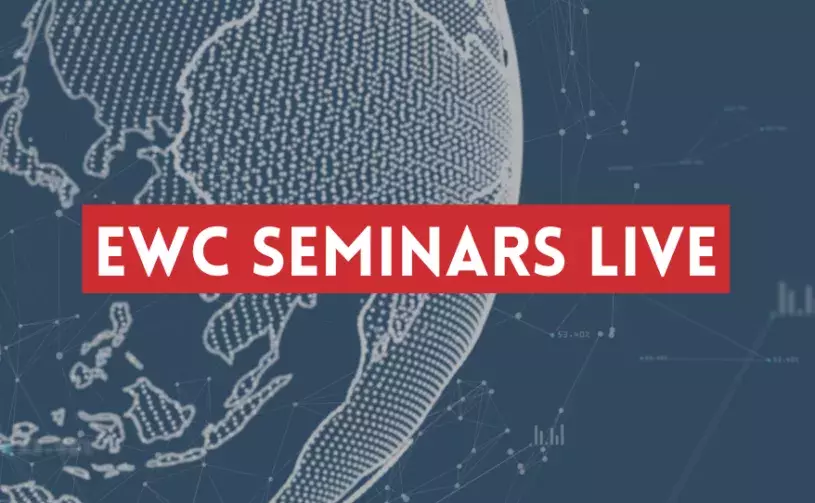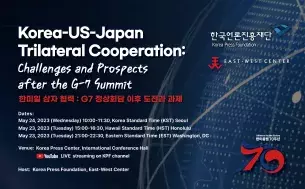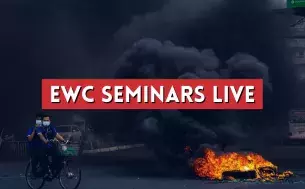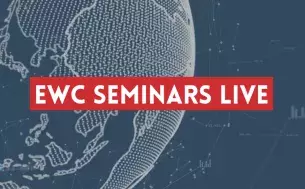Error message

OFFICE/DEPARTMENT
Political participation in the United States has been contested since the founding of the nation and defined by distinct periods of electoral expansion and contraction. The US has at times excluded certain segments of the population from the voting process: women, racial and ethnic minorities, landless whites, members of certain faiths, and most recently, citizens with felony convictions. For each of these groups, securing the right to vote has been won through collective action amid or following periods of immense social transformation or economic crisis, with far-reaching impact on partisan politics. As COVID-19 profoundly alters how Americans vote and candidates campaign, the 2020 US elections are expected to be extraordinarily consequential for the American electoral and political system. The Trump administration’s response to the pandemic and the economic crisis it has triggered, along with protests demanding racial justice, may also result in an influx of new voters or voters crossing party lines, thereby changing the electoral base and ushering in partisan realignment. Hear from former presidential speechwriters as they discuss how the 2020 elections may be more or less inclusive and may reshape the Republican and Democratic parties and American democracy itself.
Speakers
- Mary Kate CARY, Former George H.W. Bush Speechwriter and Senior Fellow for Presidential Studies, Miller Center, University of Virginia, Washington, DC, USA @mkcary
- David LITT, Former Barack Obama Speechwriter and Author, Democracy in One Book or Less, Washington, DC, USA @davidlitt
Click here for headshots and biographies.
Click here for panelist PowerPoint presentations.
Mahalo to the following organizations for supporting this event and sharing it with their members:

Political participation in the United States has been contested since the founding of the nation and defined by distinct periods of electoral expansion and contraction. The US has at times excluded certain segments of the population from the voting process: women, racial and ethnic minorities, landless whites, members of certain faiths, and most recently, citizens with felony convictions. For each of these groups, securing the right to vote has been won through collective action amid or following periods of immense social transformation or economic crisis, with far-reaching impact on partisan politics. As COVID-19 profoundly alters how Americans vote and candidates campaign, the 2020 US elections are expected to be extraordinarily consequential for the American electoral and political system. The Trump administration’s response to the pandemic and the economic crisis it has triggered, along with protests demanding racial justice, may also result in an influx of new voters or voters crossing party lines, thereby changing the electoral base and ushering in partisan realignment. Hear from former presidential speechwriters as they discuss how the 2020 elections may be more or less inclusive and may reshape the Republican and Democratic parties and American democracy itself.
Speakers
- Mary Kate CARY, Former George H.W. Bush Speechwriter and Senior Fellow for Presidential Studies, Miller Center, University of Virginia, Washington, DC, USA @mkcary
- David LITT, Former Barack Obama Speechwriter and Author, Democracy in One Book or Less, Washington, DC, USA @davidlitt
Click here for headshots and biographies.
Click here for panelist PowerPoint presentations.
Mahalo to the following organizations for supporting this event and sharing it with their members:

EWC Seminars Live
Designed for multinational journalists and informed audiences, EWC Seminars Live is a monthly webinar and briefing series that seeks to inform, connect, and source media stories.











